TLDR & TLDL: The long-running Island Bay cycle way debate in Wellington and the weekend’s cycling protest ‘takeover’ of the Auckland Harbour Bridge’s outer northward lanes are more than just minor local events. They are the harbinger of the debate of our age: who should get to use our urban roads and motorways, and for what (more on that below).
Elsewhere in Aotearoa-NZ, Scott Morrison said New Zealand hadn’t gone soft on China and wasn’t harming Five Eyes (RNZ). Nick Smith announced his retirement and will be replaced by a Judith Collins’-supporting social conservative (Stuff).
Melbourne’s Covid-19 outbreak grew to 54 cases overnight, including two in separate rest homes linked by a worker at both (The Age).
Overseas, overnight, China announced it would allow couples to have three children. The OECD upgraded its global GDP growth forecast to 5.8% this year from 4.2% and complimented NZ’s response (OECD). The IMF issued a broadly positive ‘Article IV’ assessment of NZ’s economic performance (IMF)
Coming up: Watch for any signs in the Reserve Bank of Australia’s monthly rates decision at 4.30pm today whether it might join New Zealand as an early rate hiker.
Which side were you on?
I grew up in the era of the Springbok tour. I was 14 and living in Cambridge when the 1981 tour happened and was scheduled to go to the now-infamous Waikato game in Hamilton with my dad. I was a naive and provincial teenage rugby supporter, in the same way my dad had been when he went to the famous match in 1956 when Waikato beat the Springboks.
But at the last minute, Dad decided we shouldn’t go. I was beginning to discover a lot more about the politics of the tour and didn’t complain too much when he said there could be trouble in the crowd that day. His premonition was right in a way no one could have imagined. Anti-tour protestors invaded the pitch and forced the abandonment of the game, which in turn transformed the rest of the tour into a series of street battles around stadiums ringed by barbed wire. New Zealand was never quite the same again after that day. I put an anti-tour poster on my bedroom wall and my Dad tore it down and didn’t speak to me for a week. We stopped sharing our love of rugby for years.
The tour protests were a defining time for a generation who saw themselves as in the right on the issue of racism, part of a wider world opposed to apartheid, and on the right side of history. People defined themselves as pro or anti tour. We didn’t recognise it then, but it was our first experience of culture war politics. Anti-tour protests tended to be younger, more diverse, more urban and politically active. Pro-tour protestors tended to be provincial, older, more conservative and all about law and order. It was very split down party lines, with Labour anti-tour and National pro-tour. The tour was an echo of the Vietnam era protests, which in retrospect had much of those same culture war elements.
Fast forward to 2021 and we are now in a new type of culture clash that represents the defining political split of our age that pits the old against the young, the interests of the mostly rich against the mostly poor and the future against the present. This is all about the seemingly prosaic and pedestrian issue of cycle lanes, and its turning deadly serious.
It all started in Island Bay
I live in Wellington and have been fascinated by a battle that has lasted at least five years, and is still running. The Wellington City Council thought it would be a good idea to create cycle lanes down either side of the main street of the Island Bay suburb, with car parks push out into the ‘middle’ of the road and closer to the ongoing traffic.
The idea was to keep the car parks AND create a semi-separated bike lane that was safer for cyclists and avoided the issue of cyclists being collected as drivers parked and opened their doors. Local car-driving residents and some shopkeepers have been protesting ever since. The issue is still unresolved. Here’s more background for non-Wellingtonians via Professor Alistair Woodward from the School of Population Health at Auckland University.
But this weekend the issue went ‘mainstream’ when more than 1,000 cycling activists broke through Police barriers and rose across the Northern outer lanes of the Auckland Harbour Bridge to argue they should be cordoned off for cyclists, given it seems the idea of a built-on new cycleway appears to be stalled.
This issue will come up time and again in the decades to come. It is emblematic of how we address climate change, housing affordability and inequality. Are the roads for suburban home-owning commuters, or for more urban cyclists and pedestrians wanting to get around safely and healthily without emitting carbon?
It will pit older and more conservative law-and-order types against progressive urban liberals, many of whom will be younger and poorer, simply because they do not own property.
The clash is cultural and economic and political, and we will see it again and again in the years to come. It will decide who gets to use those public roads, particularly because it is becoming clearer that the simplest, fastest and cheapest way to shift from carbon emitting transport to zero carbon is to requisition all or some of the roads for pedestrians and cyclists, particularly electric cyclists.
Mike Hosking vs Julie Anne Genter
Already, the battle lines are forming. National and ACT accused the Police of doing a bad job by letting the cyclists onto the motorway. The Climate Commission has bet on electrification of vehicles, rather than a shift to cycling, to reduce transport emissions and Labour is spending much, much more on new motorways than cycling and pedestrian reforms.
Just think of the debate as Mike Hosking vs Julie Anne Genter and you get the picture. He’s driving his Ferrari and waving his fist at her as she cycles on a green-painted and slightly separated path on the road on the way to the hospital with her second child on her electric bike.

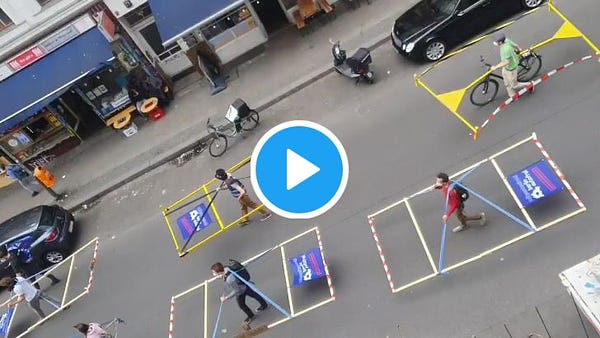
Briefly elsewhere in our political economy
Australian Prime Minister Scott Morrison rejected accusations from other Australians that New Zealand had gone soft on China, saying New Zealand wasn’t harming Five Eyes. (RNZ)
National List MP Nick Smith is retiring after he lost his Nelson electorate in last year’s election and after an inquiry into a ‘verbal altercation’. He will be replaced by Harete Hipango, doubling National’s number of Maori MPs, but also adding to the number of fundamentalist Christian supporters of Judith Collins. (Stuff)

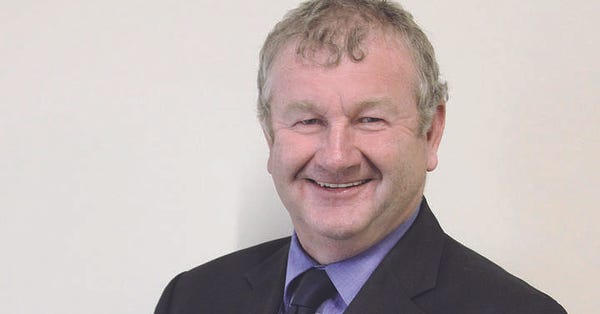





Sign o’ the times news
Notable other views





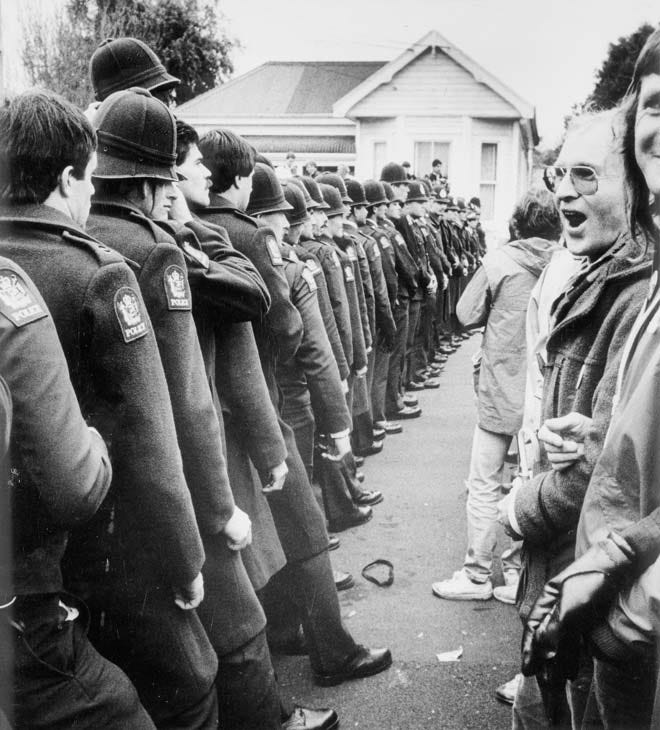


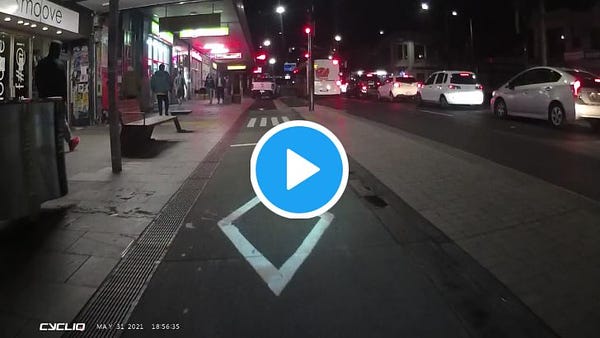

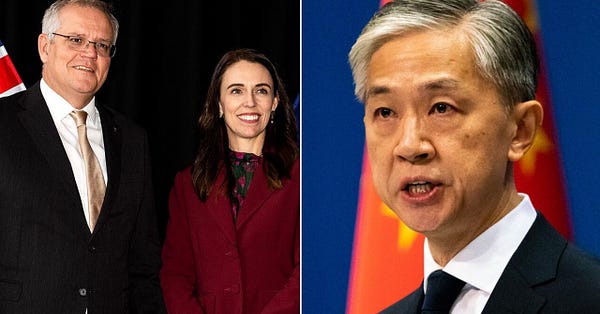

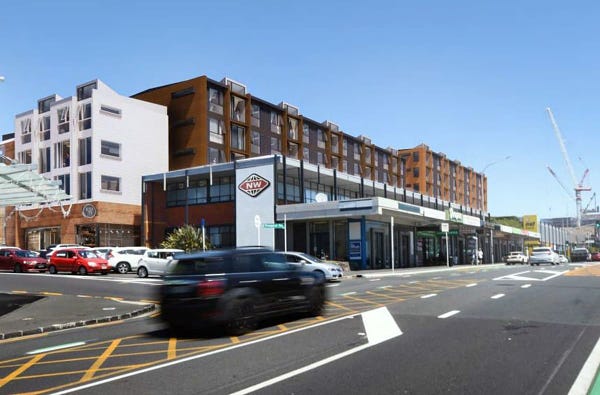

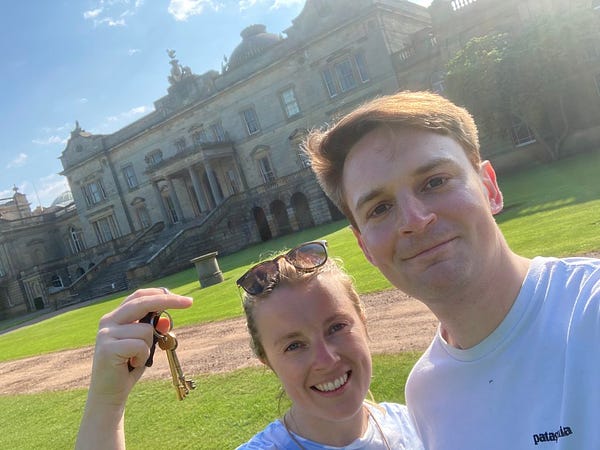











Share this post